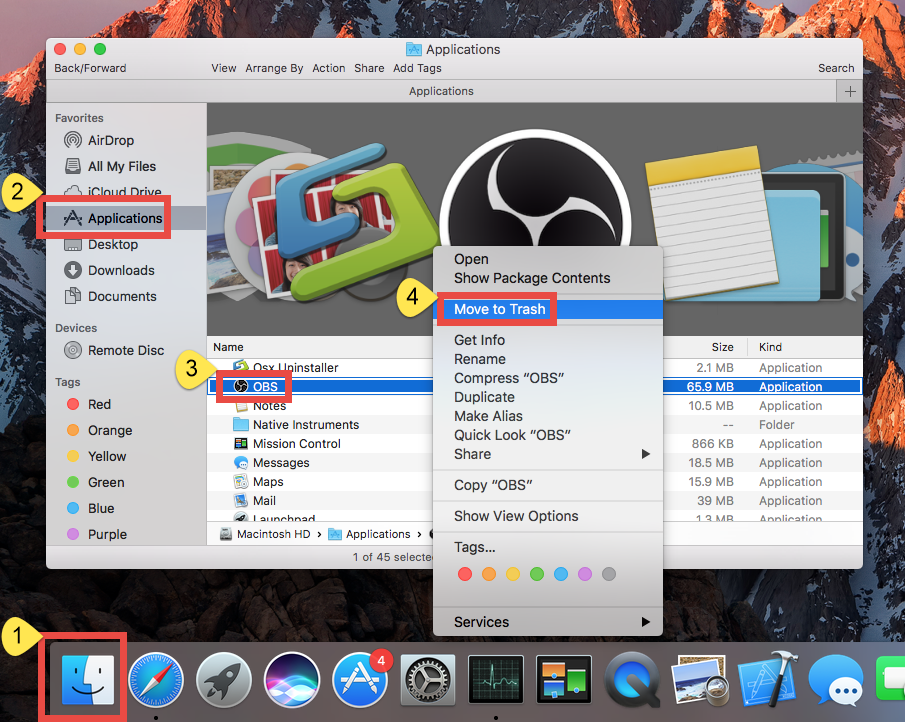

Now click the Settings button at the bottom right of the interface.Ĭhoose the Output tab and take note of the Recording Path field.

Note the inception going on, that's totally normal! Looking goodĬlick OK in the next popup as well. Select Screen Capture (Linux) or Display Capture.Ĭlick OK in the box that pops up. With the default Scene selected (it will be highlighted) click the + button at the bottom of the panel labelled Sources, and then select Screen Capture on Linux or Display Capture on Mac and Windows. Scenes and sources in Open Broadcaster: currently on the default Scene.īefore we get into how to record with OBS, you'll also need to add a source inside this scene. When you first launch OBS, you'll see there is already a scene added in by default, which you can find in the bottom left corner of the interface. These two features work together to neatly manage your video, audio, and other production assets. OBS uses a system of Scenes and Sources, which we'll explain in more detail in a subsequent tutorial. When you launch OBS, you should see something like this (with a different look depending on your operating system): The interface we'll use for our OBS screen recording tutorial. Download and Install OBS to start our OBS screen recording tutorialĭownload OBS from the OBS website and install it according to the instructions for your OS.These are the things you'll learn in this OBS screen recording tutorial: There are many ways you can use OBS, but for the purposes of this series I'll be taking you through the best method to learn how to record your screen with OBS.

In this series of short tutorials, I'll teach you how to record with OBS, from the setup to screen recording, and take advantage of some of the key features. This is the approach we're following here. If you already have a video editing program, why buy another? Use OBS for the recording, and you're good to roll. Another excellent option is to separate the screen recording stage from audio recording and video editing, using dedicated software for each stage.


 0 kommentar(er)
0 kommentar(er)
